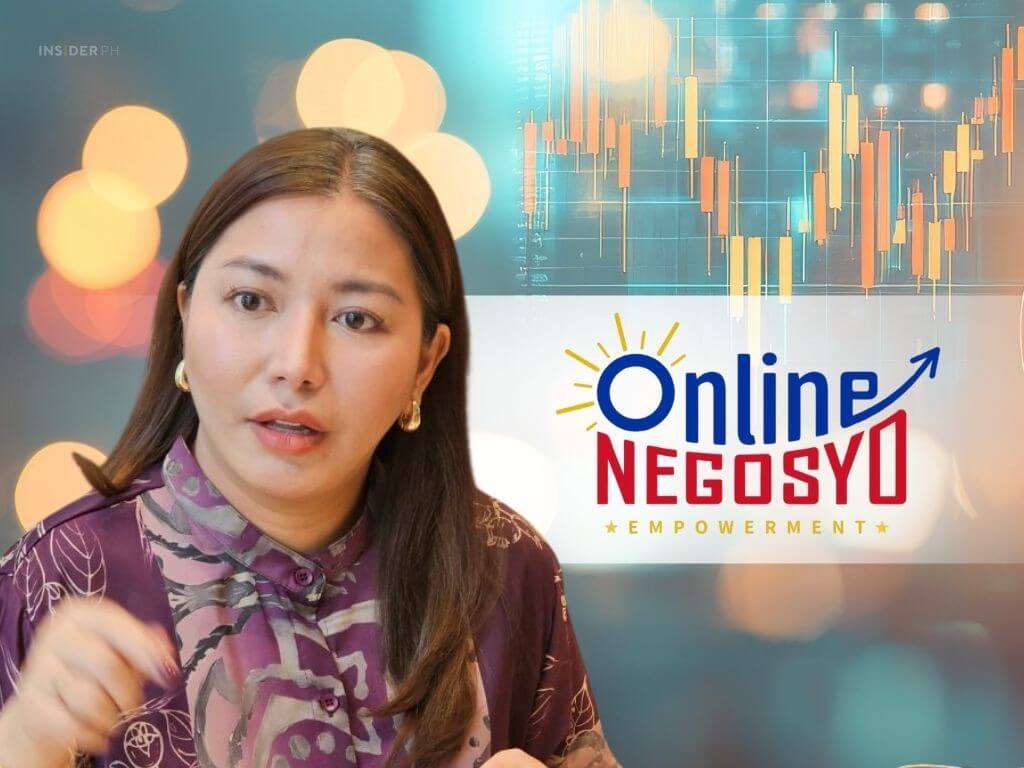

The Online Negosyo Empowerment Community (Online Negosyo or ONEC), a grassroots movement of thousands of Filipino online sellers, OFWs, home-based business owners, and digital freelancers, is calling urgent attention to what it describes as economic oppression disguised as regulation.
Led by its convenor Anna Magkawas, Online Negosyo asserts that the same systemic issues the public is protesting — inefficiency, unnecessary bureaucracy, and policies that harm the ordinary Filipino — are also evident in the way small online businesses are being regulated and charged today.
“Economic oppression is also a form of corruption. When policies and fees drain the livelihood of ordinary sellers, families suffer. And we must speak up,” Online Negosyo said in a statement issued on Nov. 17, 2025.
Built on empowerment, ethical entrepreneurship
Online Negosyo is known for its commitment to uplifting Filipino online sellers through free, community-funded capacity-building programs. These include training on:
Business operations and compliance
Digital marketing
Product handling and logistics
Financial literacy
Ethical business practices
Responsible entrepreneurship and upskilling
It emphasizes that its work aims not only to strengthen digital MSMEs but also to protect sellers from exploitation, misinformation, and unnecessary burdens.
Collaboration with E-Commerce Promotions Council
To ensure that industry concerns are addressed constructively, Online Negosyo collaborates with the E-Commerce Promotions Council of the Philippines, a multi-sectoral advisory body representing platforms, private groups, consumer organizations, advocacy leaders, and e-commerce practitioners.
This partnership, the group said, fosters evidence-based, transparent, and collective dialogue — a stark contrast, according to ONEC, to the unilateral impositions small sellers routinely face.
The Trustmark debate
While Online Negosyo fully supports stronger consumer protection, it expresses deep concern over the current Trustmark proposal, calling it duplicative, unnecessary, and potentially burdensome if made mandatory, the group said.
They note that the Philippines already has robust systems in place:
“The problem is not a lack of policies — it is the lack of enforcement,” said Magkawas.
Online Negosyo insists on five points:
Making Trustmark mandatory, the group argues, contradicts current public demands for less bureaucracy, more efficiency, and genuine accountability.
Platform processing fee: ‘Explain first, charge later’
Another urgent concern is the new P5 processing fee imposed by major digital platforms, which Online Negosyo warns will critically impact micro-entrepreneurs already struggling with:
For many online sellers, profit margins have already collapsed, it said.
Online Negosyo demands:
“Transparency is part of accountability. No fee should be imposed without a clear explanation,” the group said in the statement.
Call for fairness and accountability
Online Negosyo calls on policymakers to:
Magkawas said, “We speak not only for sellers, but for every Filipino who relies on online business to survive. We support consumer protection and honest commerce — but we reject redundant requirements, unexplained fees, and policies that punish the smallest entrepreneurs. Accountability is not just a political slogan; it is a moral obligation.”
ONEC reiterates that it remains collaborative, ready to engage in dialogue with regulators, platforms, policy leaders, the E-Commerce Promotions Council, and the public. —Ed: Corrie S. Narisma